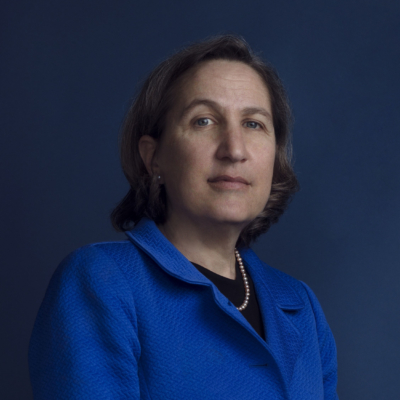Not So Cold Cases, After All
Summary
As more and more sexual harassment cases involving faculty members come to light, a significant share of them date back 10, 20 and even 30 years. The last few months have seen a series of high-profile cases in which the accused professors are now senior in age as well as status, retired or even deceased. While these so-called cold cases certainly pose practical challenges in terms of dwindling institutional memory and evidence, experts say institutions are often (if not always) eager to help right past wrongs — and that they must.
“The deep question here is, ‘What is the purpose of making these allegations after so many years?’” said Michele Dauber, the Frederick I. Richman Professor of Law at Stanford University. “To a certain extent, it’s not unlike debates about Confederate memorials showing up in states that have never really been forced to come to terms with what they’ve done. It is wrong to say that people who were wronged by institutions in the past should simply let it go, with no acknowledgment of their suffering.”
Issues of moral responsibility are arguably more relevant and important in an educational setting, and indeed academic institutions have grappled with these parallel issues of legacy, Dauber said. “We really need to think about who we’re honoring … Seo-Young Chu is clearly owed an apology, at minimum.”
…
Dauber was talking about harassment cold cases in general, but she referred in particular to one victim of harassment: Chu, an associate professor of English at Queens College of the City University of New York. Chu recently wrote a widely read essay saying that the late Jay Fliegelman, Coe Professor in American Literature at Stanford University, harassed and raped her when she was a new graduate student at Stanford, some 17 years ago. Stanford at the time investigated and disciplined the professor with a two-year unpaid leave, during which he was barred from the department. But Chu said she’d that she’d never received a formal apology from the institution and that she’d been dismayed to learn that the graduate caucus of the American Society for Eighteenth-Century Studies had in 2009 named a graduate mentorship award after Fliegelman.
Read More
